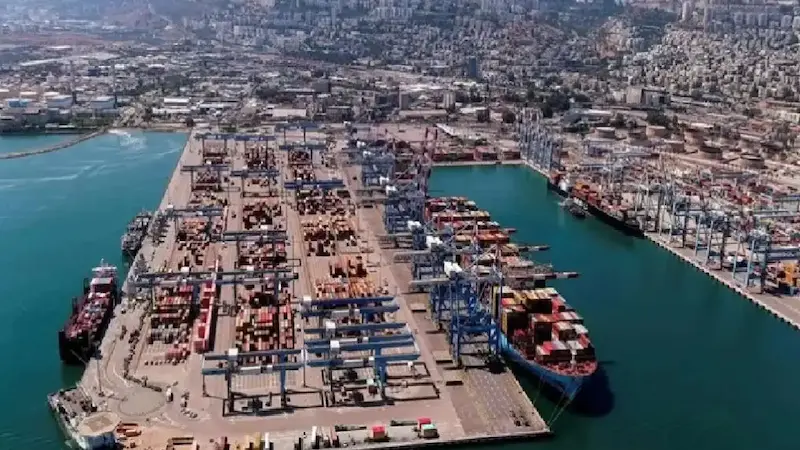
Electric vehicles, once symbols of sustainability, have become a logistical and security headache for Israel amid the ongoing conflict with Iran
EVs at Risk: Why Israel Ordered Emergency Relocation from Ports
In a twist few foresaw, electric vehicles have become a major concern for Israeli authorities as tensions with Iran escalate. Following Iran’s missile attacks on strategic sites, including the U.S. Al Udeid Air Base in Qatar, Israel’s Administration of Shipping and Ports issued urgent directives to car importers: move all electric vehicles out of seaports immediately.
The reason? Fire risk. EVs, particularly when parked in large numbers, pose a unique hazard during missile strikes. While EV battery fires are rare, they are notoriously difficult to extinguish once ignited. Lithium-ion batteries can burn at extreme temperatures, and traditional firefighting methods often prove ineffective. With hundreds of EVs parked at key ports like Haifa and Ashdod, both vital to Israel’s economy and military logistics, the risk of a chain-reaction fire became too great to ignore.
Authorities fear that a single missile strike could trigger a catastrophic blaze, endangering not just vehicles but critical infrastructure and personnel. As a result, importers have been instructed to relocate EVs to open lots away from high-value targets, a move that has disrupted supply chains and raised questions about wartime preparedness in the age of electrification.
Clean Tech Meets Combat: The Hidden Vulnerability of EV Batteries
Electric vehicles are often hailed as the future of transportation, but their lithium-ion batteries come with a caveat: under extreme conditions, they can become incendiary. Unlike petrol or diesel fires, EV battery fires are chemical in nature and can reignite hours after being extinguished. This makes them particularly dangerous in conflict zones, where emergency response resources are already stretched thin.
In Israel’s case, the concern isn’t just theoretical. The Port of Haifa, which handles nearly 20 million tons of cargo annually, is a prime target for Iranian missiles. A direct hit on a cluster of EVs could result in a firestorm that spreads rapidly, overwhelming firefighting systems and crippling port operations.
This vulnerability has prompted a broader reassessment of how EVs are stored and transported during wartime. Experts suggest that future military and civil planning must account for the unique risks posed by battery-powered vehicles, especially as EV adoption continues to rise globally.
Strategic Implications: What This Means for Israel and Beyond
The EV evacuation order is more than a logistical hiccup; it’s a signal of how modern warfare is evolving. As nations embrace green technologies, they must also grapple with the unintended consequences of deploying them in volatile environments. For Israel, the challenge is twofold: protect its infrastructure while maintaining the momentum of its clean energy transition.
The situation also raises questions for other countries with high EV penetration and geopolitical vulnerabilities. How should ports, military bases, and urban centers adapt to the dual realities of electrification and conflict? Should EV storage protocols be revised in light of emerging threats?
For now, Israel’s swift action has likely averted a worst-case scenario. But the episode serves as a stark reminder: even the cleanest technologies can become combustible liabilities when war enters the equation.
Stay updated with the latest news on Rapido Updates. Keep yourself updated with The World, India News, Entertainment, Market, Automobile, Gadgets, Sports, and many more
1 thought on “EVs at Risk: Why Electric Cars Became Israel’s Unexpected Security Nightmare”